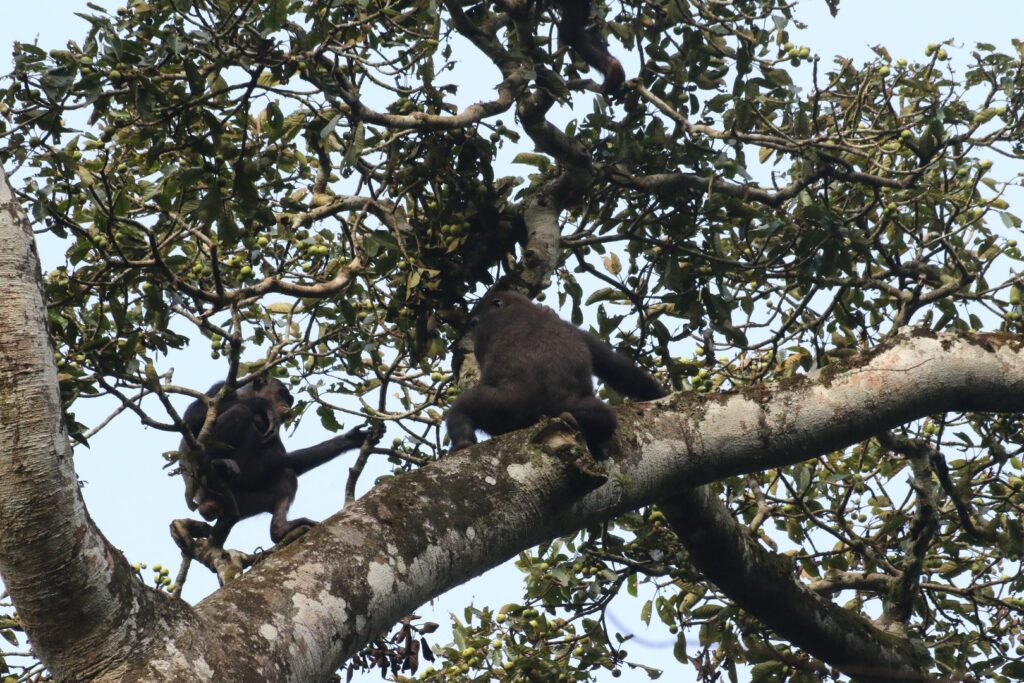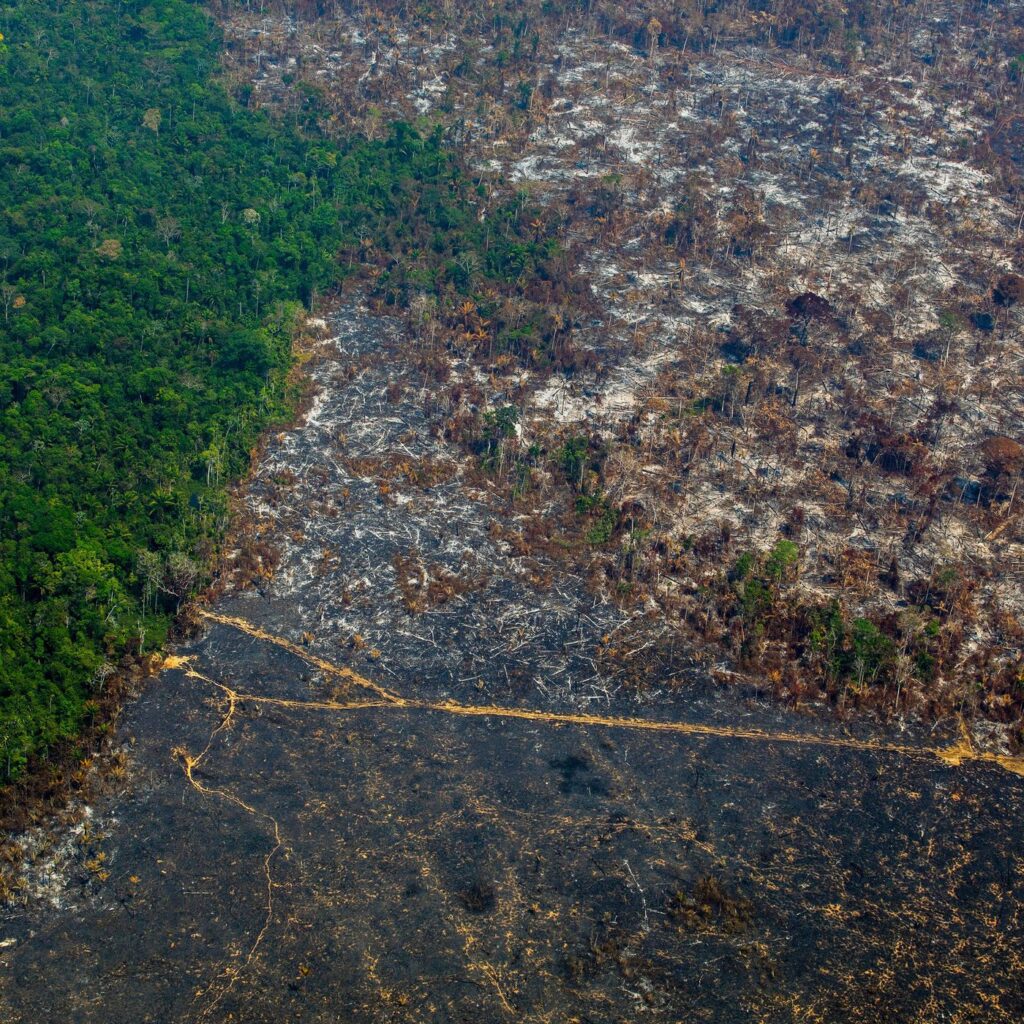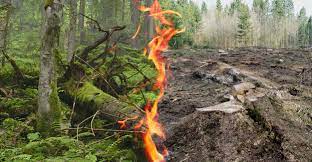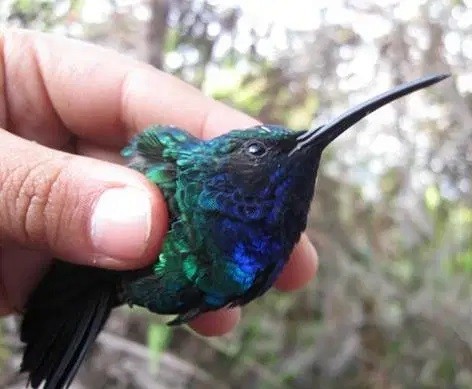The Platypus was such a wierd looking animal, many of the original scientists that studied specimens sent back to the UK, looked for sewing marks – they believed that it must be several creatures joined together. Even 20 years after its discovery, scientists were still arguing about whether it was real. The anatomist Robert Knox claimed if was a “freak imposture”, and that ”the scientific [community] felt inclined to class this rare production of nature with eastern mermaids and other works of art.” This was not only due to its weird appearance, but several other fake animals that had come to light in recent times.
Yet it was not,
To be sure, it is a mammal which perhaps stretches the definition more than most. It lays eggs, has a ducks beak, but feeds its young on milk. It is one of the many oddities that live in Australia.
Unfortunately it is facing local extinction, in many places across its range, and has lost a quarter of its range in the last 30 years..
This is a species that could quietly slip towards extinction without being noticed – being shy, nocturnal and not splashing, they are rarely seen. Most people who do not see one, might suggest that they simply did not get lucky.
There are a range of threats that are pushing them towards extinction. Water extraction from rivers and creeks, the building of dams and weirs, as well as river bank erosion. Increasing regularity of droughts also threaten their long-term survival as their homes become too shallow – allowing feral cats and foes to attack them.
They are capable of living alongside humans – the video above is in the Suburbs of a city, but as pollution increases they often disappear.
The lead author of the study concludes that the Platypus is not facing complete extinction, but local extinction in many different parts of Australia.








